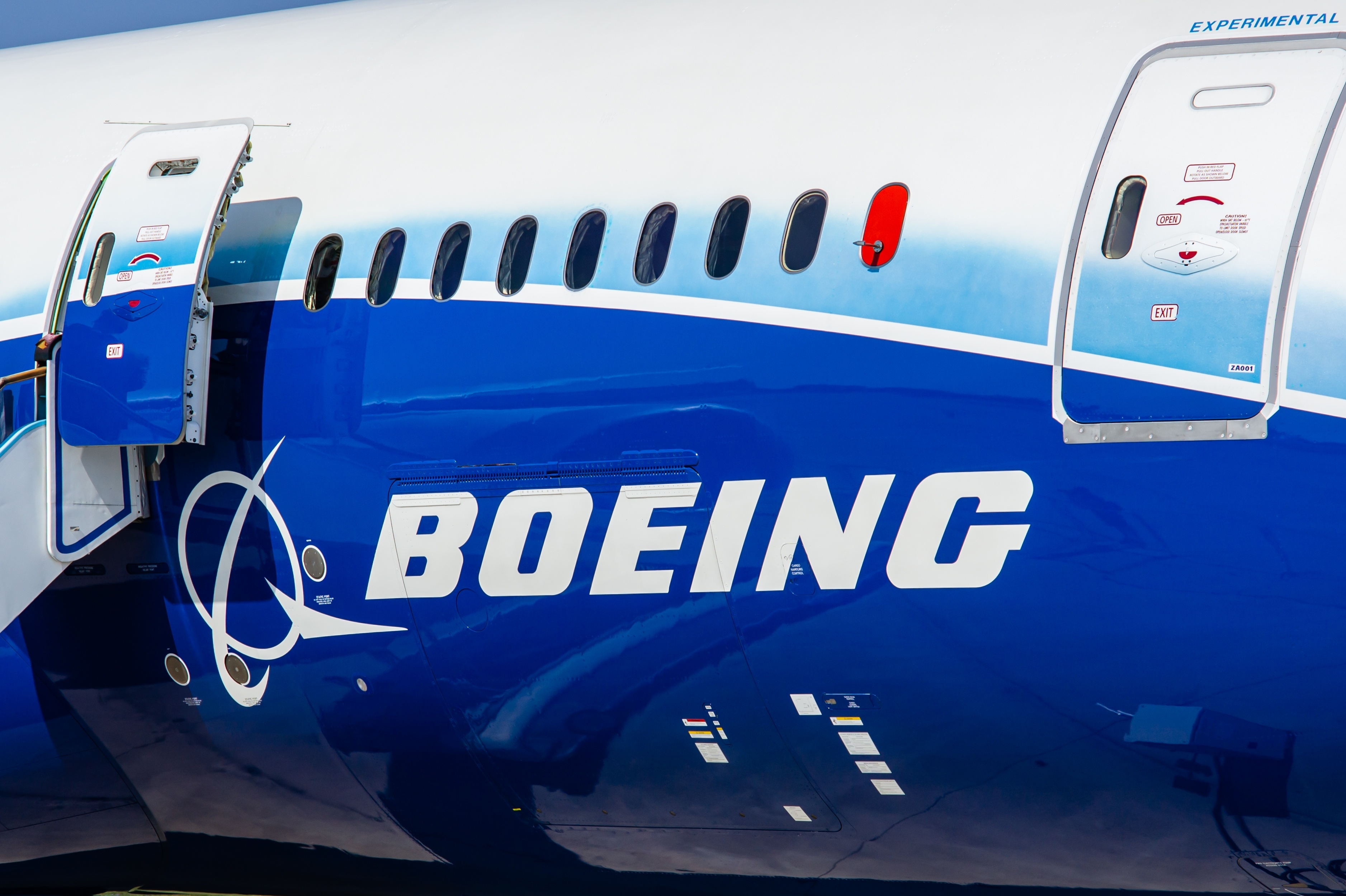Boeing Strike Halts Production Lines, Stock Faces Further Downside Risk
Boeing's contract negotiations with the International Association of Machinists and Aerospace Workers of America (IAMAW) remain at an impasse, with more than 33,000 U.S. West Coast plant workers on strike for 25 days.

Boeing's contract negotiations with the International Association of Machinists and Aerospace Workers of America (IAMAW) remain at an impasse, with more than 33,000 U.S. West Coast plant workers on strike for 25 days, with the main demands being a 40 percent pay raise over four years and the restoration of a defined-benefit pension that was eliminated a decade ago.
Boeing had proposed a final proposal last month, promising a 30 percent pay raise and the restoration of performance bonuses, but a membership survey conducted by the union showed that the proposal failed to meet workers' expectations.
The two sides resumed negotiations on Monday after a federal mediator intervened. Union representatives said that despite a full day of negotiations, no substantive progress was made and that they would continue to consult on Tuesday. Boeing also confirmed that mediation sessions will continue. The impasse in the talks stems mainly from the union's insistence on pay and retirement benefits, which clashes with Boeing's position on controlling labor costs to maintain competitiveness.
The strike has had a severe impact on Boeing's production and has already led to the suspension of production of its hot-selling 737 MAX, as well as its 777 and 767 wide-body airplanes.The 737 MAX is a major source of revenue for Boeing, and the model is critical to Boeing, especially as the company's defense business is underperforming due to weak margins.
A production stoppage could delay delivery plans, further dragging down the company's revenue and affecting market confidence in Boeing.
The 40 percent pay raise demanded by the union reflects the needs of U.S. workers to fight inflation, while the restoration of defined-benefit pensions is the culmination of years of worker dissatisfaction. Boeing's proposal last month included only a 30% raise and the restoration of performance bonuses, which in the union's view is far from enough. As a result, the union feels the need to keep up the pressure, expecting Boeing to make greater concessions.
The strike presents multiple challenges for Boeing. If the union succeeds in securing higher pay raises and restoration of retirement benefits, it will significantly increase Boeing's labor costs, which may affect its competitiveness in the global market.
However, continued strikes resulting in shutdowns of aircraft production lines, particularly on the 737 MAX, a key revenue stream, will have a direct impact on Boeing's ability to deliver and cash flow. Coupled with the fact that Boeing's defense business is under pressure due to low margins, a prolonged strike or rising wages would further squeeze the company's profit margins.
Disclaimer: The views in this article are from the original Creator and do not represent the views or position of Hawk Insight. The content of the article is for reference, communication and learning only, and does not constitute investment advice. If it involves copyright issues, please contact us for deletion.